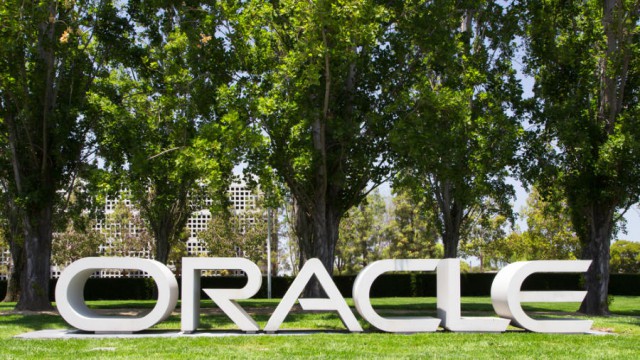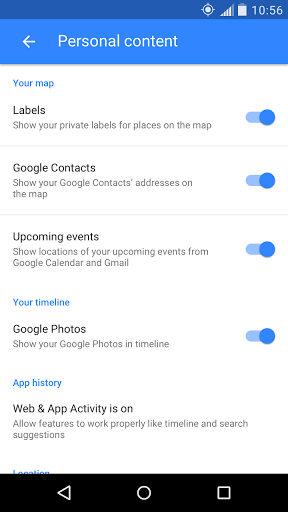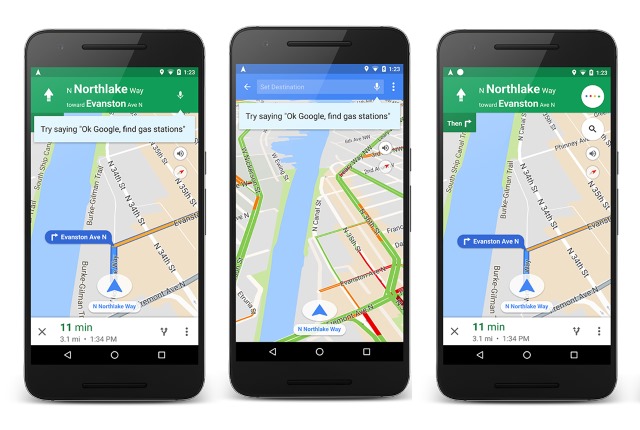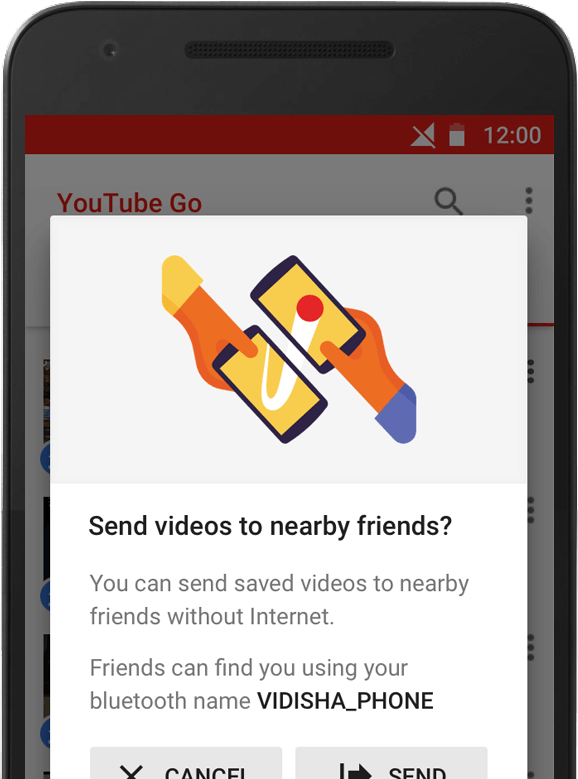
Microsoft's bot platform has 45,000 developers -- more than Facebook's, less than Google's
Facebook, Google and Microsoft are currently locked in a battle over which bot platform will have more developers, and currently it's Google that's winning -- but it's not that simple.
Just before releasing its chat app Allo, Google acquired API.ai, a bot-building platform through which developers can make bots for various platforms. API.ai is currently being used by 60,000 developers, according to VentureBeat, putting Google at the top of the pack. Considering that it has just only acquired the start-up, it’s easy to argue that the company didn’t really do much to hit that milestone.
Pixel and Pixel XL are Google's iPhone killers
It may have been one of the worst kept secrets in tech launches, but today Google officially took the wraps off its Pixel and Pixel XL smartphones. In terms of hardware it could be argued that there is nothing too spectacular here, but even if you ignore the (still very impressive) hardware side of things there are two features that directly take on Apple: Google Assistant to compete with Siri, and unlimited full-resolution photo backup.
Unlike Google's previous Nexus range, the Pixel handsets carry no other branding -- these are the first phones designed and built inside and out by Google and Google alone. We already knew just about everything about the two handsets -- which neatly compete with the iPhone 7 and iPhone 7 Plus, but now everything, and more, has been confirmed.

Chromecast Ultra delivers 4K content for just $69
Google’s Chromecast has evolved a fair bit since the streaming dongle first launched three years ago.
The newest member of the Chromecast family, announced today at the Made by Google event, keeps the same puck-like design of its predecessor, but offers 4K resolution video streaming, for a very affordable price -- just $69.

Watch the 'Made by Google' hardware event here, live
Google, as you’ll no doubt be aware by now, is hosting a major hardware event today where it will be taking the wraps off, among other things, its new Pixel phones.
The "Made by Google" event will showcase the next generation of Google created hardware, and start today at 12PM ET/5PM BST / 9AM PT.

Xiaomi finally launches its long-awaited Mi Box
As Google TV struggled, Roku and Amazon Fire TV were seemingly taking over the market. Google finally let its TV platform go, but announced it would be replaced with Android TV. The company also promised a third-party set-top player known as the Mi Box.
It has taken since June, but the much-anticipated Mi Box, announced at Google I/O, is finally hitting the market.

Oracle loses appeal against Google in Java API case
Oracle has once again been unsuccessful in its latest effort to obtain a new trial in its Java API copyright claim against Google. Judge William Alsup of the San Francisco District Court has denied Oracle's latest motion to have its case reheard on the grounds of misconduct on the part of Google's lawyers.
Since 2010, the two companies have been in an ongoing legal war that was ruled in Google's favor. However, in the six years that have passed Oracle has repeatedly appealed the ruling multiple times.
Carphone Warehouse leaks full Google Pixel and Google Pixel XL specs
Google is on the verge of launching the Pixel and Pixel XL, but no launch would be complete without its share of leaks. This time around the slipup comes courtesy of UK retailer Carphone Warehouse which posted details of Google's upcoming phones, complete with photos and full specs.
The same mistake was made by Canada's Bell, effectively confirming the specifications which thus far have only been rumors. The listings not only reveal what we can expect in terms of hardware, but also show that Google is going to offer free, unlimited photo backups at full resolution for Pixel owners.

Google faces fines for anticompetitive Android practices in Europe
European regulators could hit Google with large fines if the company does not stop offering financial incentives to smartphone manufacturers to pre-install its own apps on handsets. Documents obtained by Reuters show that a potential fine could be linked to the revenue Google makes from AdWords.
With advertising being Google's primary source of income, this has the potential to be a fine of unparalleled magnitude. The European Commission knows that it needs to hit Google where it hurts if anticompetitive practices are to be effectively discouraged. The Commission says it "intends to set the fine at a level which will be sufficient to ensure deterrence".

You can now get your Google Calendar Events in Google Maps
Of the multitude of properties Googles owns, Maps and Calendar are two of the more popular ones. Both products can easily be associated with one another in the case of business travelers, so why not bring them together?
That's exactly what Google is doing, making your Calendar appointments available to see while using Maps. This isn't just driving either, it will work just as well if you are taking public transportation.

Mozilla announces Project Mortar to bring Chrome plugins to Firefox
The browser wars continue as Chrome, Opera, Firefox and Edge all vie for attention. One of the biggest draws to any browser is plugin support, and the absence of a particular plugin can make the difference between a user switching allegiances or sticking with their tried-and-tested browser.
With this in mind, Mozilla launches Project Mortar. Its aim is to make the development and maintenance of Firefox as cheap and easy as possible. To do this, it is investigating the possibility of borrowing plugin functionality from other browsers, including PDF and Flash support from Chrome.

Google creates a new virtual reality experience: "A Walk Through Dementia"
The experiences of others can be difficult to understand -- do you see green in the same way as me? But things are even harder -- and more important -- to grasp in the world of medicine. Just what is it like to have dementia, for example? It's much more than just memory loss and confusion.
Understanding what the world is like for someone with the condition can help others to learn how they can help sufferers more effectively, and Google has created a new virtual reality experience with this precise aim in mind. "A Walk Through Dementia" is a Google Cardboard-compatible experience, although any VR headset will do the job, it can also be viewed on YouTube.

Google Maps gains a bunch of voice commands for hands-free navigation
Google Maps on an Android phone is a great way to get from A to B without getting lost, but if you need to check details of your route or want to make a change to settings, you'll need to pull over to do so. Or at least that used to be the case. Google has just added a load of voice commands to the app.
Of course, having to pull over is an inconvenience, and trying to fiddle with your phone while driving is dangerous. With this in mind, the addition of a series of voice commands triggered by saying 'OK Google', is not entirely surprising, but it is also very welcome.

How to find all of Google's hidden games
Easter eggs -- secret extras hidden in software and on websites -- are not quite as prevalent as they used to be, but there are still plenty to be found out there. Google is one company that continues to hide little gems in its products, and many of them are games.
From Google Search and Android, to Maps and Google Earth, there are numerous little pick-up-and-play games that are perfect for killing a few minutes at work. So, grab yourself a coffee, have your fingers poised over Alt-Tab in case the boss appears, and get ready to play!

Amazon, Google, Facebook, IBM and Microsoft create Partnership on AI -- no sign of Apple
Five of the biggest names in the world of technology have joined forces to create the Partnership on AI. The aim of the group is to increase public awareness of artificial intelligence, conduct research, and promote best practice guidelines.
Comprising Amazon, Google, Facebook, IBM and Microsoft -- although, interestingly, not Apple -- the group says that it does not intend to lobby government or government bodies. Instead, the aim is to promote AI so that it can be used to "help humanity address important global challenges such as climate change, food, inequality, health, and education".

Google unveils YouTube Go -- a social video Android app optimized for slow data
YouTube is a very popular destination for millennials -- and older folks -- to consume media. Entertainers like Gabbie Hanna (The Gabbie Show), Ian Carter (iDubbbzTV) and Justine Ezarik (iJustine) are the real stars for some of these young folks -- not dinosaurs like Brad Pitt, Matt Damon, and Courteney Cox. This is a huge shift for the entertainment industry.
Unfortunately, while YouTube popularity grows around the world, many countries still suffer with slow data connections. Apparently, in India, many citizens still use 2G, which creates a poor video streaming experience. Google is looking to change this, and today, it announces 'YouTube Go'. This new app not only optimizes the viewing for slow data, but adds easy offline viewing, and social aspects too.
